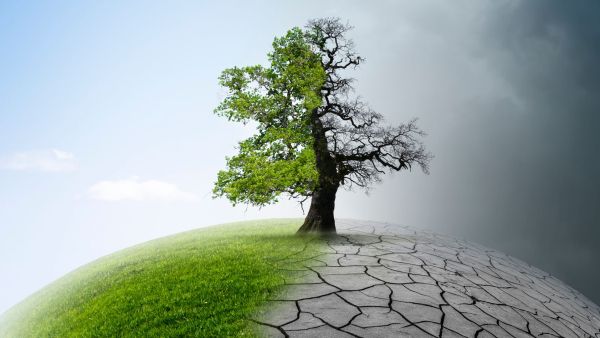Today the plenary of the European Parliament voted on a report on the implementation and delivery of the United Nations Sustainable Development Goals (SDGs)*. More than 190 world leaders have committed to these goals to end extreme poverty, fight inequality and injustice, protect the environment and tackle climate change, and that means action is needed both inside and outside the EU.
Socialists and Democrats want the SDGs to frame all policies of the European Union, and this requires replacing the macro-economic growth paradigm with human indicators. It also means the working methods of the European Commission and European Parliament must be changed to prioritise the fulfilment of the SDGs.
Elly Schlein MEP, who is the S&D negotiator in the development committee, said:
“The 2030 Agenda is key for ensuring a more sustainable future for everyone and the European Union should have a leading role in its achievement. To do that, we need an overarching European strategy guaranteeing that all our policies, internal and external, will be aligned with the Sustainable Development Goals both in Europe and in developing countries.
“This includes adapting both the European Multiannual Financial Framework (the seven year EU budget) and the European Semester (the EU's economic and fiscal coordination) to fully integrate the SDGs. We should keep fighting against tax avoidance and evasion increasing the availability of resources for the implementation of the agenda. These are our priorities reflected in the report voted today.”
Karin Kadenbach MEP, who is the S&D negotiator in the environment and health committee, said:
“We want the EU to lead the transition to a low-carbon, climate-neutral economy that promotes biodiversity and makes an efficient use of resources. To counter neo-liberal trends that increase inequalities and over-exploit natural resources we must put in place new consumption and production models, with the Circular Economy package negotiated by our Group as a good first example.
“Health is crucial in this strategy: it is both an outcome and indicator of progress in the 2030 agenda as a whole. Disparities between the populations of stable countries and those living in fragile and vulnerable environments should be reduced, as well as within countries themselves.
“We need everyone on board for this just transition, so we call on the Commission to work with stakeholders at all levels. This is the first step to build a fair society for all, regardless of where they live, and the EU should champion such a fair and sustainable society, and also at the global level.”
* Note to the editors:
The 2030 Agenda for Sustainable Development, adopted by all UN member states in 2015, provides a shared blueprint for peace and prosperity for people and the planet, now and into the future. Its 17 Sustainable Development Goals (SDGs) are an urgent call for action to end poverty and other deprivations, to improve health and education, reduce inequality, and spur economic growth – all while tackling climate change and working to preserve our oceans and forests.









